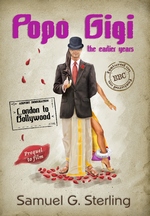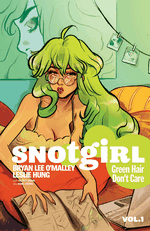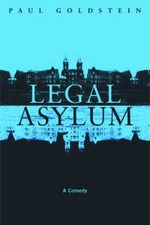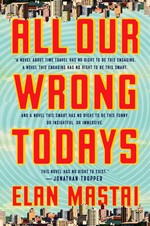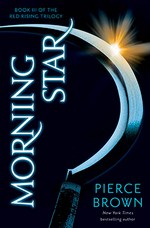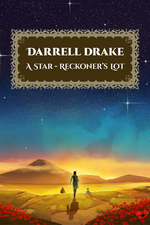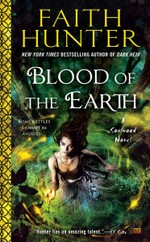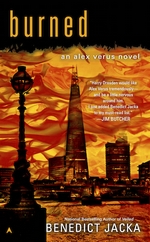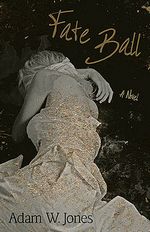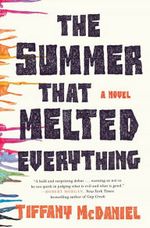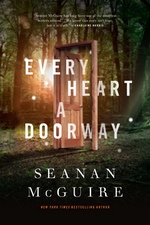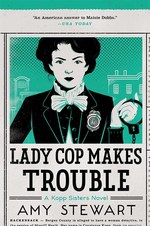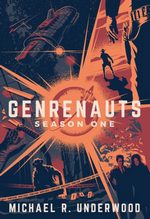I pulled this one from publication this morning to work on it a bit more. I’m not sure I actually made it better, but I’m pretty sure it’s not worse.
…and then tweaked again 12 hours later . . .
—
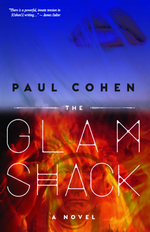 The Glamshack
The Glamshack
by Paul W. Cohen
eARC, 222 pg.
PUB, 2017
Read: May 8 – 9, 2017

Do not read this book for the plot — you will likely be disappointed, and possibly frustrated. There’s just not much of it, and what little there is isn’t that creative — there are good plot-moments, yes. But really, there’s nothing here that you likely haven’t read. But the strength of this book is in how Cohen delivers the plot, not the what that he delivers.
Essentially, the novel is a story of Henry Folsom — a lifestyle reporter in 1999. I think lifestyle reporter is close — he writes for a fashion magazine, doing puff-piece profiles and interviews. He’s just not that good at his job, and is close to being fired after some disastrous encounters with the kind of people that you cannot have disastrous encounters with. During one such encounter, he meets a woman that he finds much more interesting than his interview subject. They flirt, they date, they have a months-long relationship, full of ups and downs. She leaves him for a few days (at least) when the book opens, and as he waits to see if she’ll return as promised, he spends this time in a drunken stupor reliving, rehearsing, and analyzing (not too deeply) the relationship while reading a history of the Plains Indians Wars of the 1800s.
Henry never gives us the name of his love, his obsession. It’s always “She” or “Her.” Always capitalized. Within the last few months, I read something describing a man in love’s speech by saying something like “you could hear the capital She in his voice.” That’s surely how Henry talked — it’s how he writes, how he thinks. She is completely and totally unworthy of the devotion he shows. Sure, you could (rightly) argue that none of us are — but She is really just the worst — manipulative, selfish. untrustworthy . . . But there’s no two ways about it, Henry’s devoted to her (and he’s not alone). She has a tragic backstory, which, if true, probably accounts for some of her personality flaws. But I’m not convinced that she didn’t invent part of it to serve her own ends. All this is to say that she’s not a good person, but a great character.
Henry is sort of a Humbert Humbert character. No, he’s not a murderer or a pedophile — or any other kind of criminal that I’m aware of. He is someone with a fancy prose style and has overly-idealized the object of his affections. The way Henry thinks about, describes, and acts toward Her really reminded me of Humbert — particularly (and this is what made me start down this trails of thought) in the way that Henry reveals Her character, her shortcomings, and virtues while defending or denying the problematic aspects of Her character and well as his. Henry’s use of language — and Cohen’s, too — is just wonderful. Most of the quotations I’d pull wouldn’t work without a lot of context, but there’s some great use of language throughout this book. Don’t get me wrong, I’m not suggesting that I mastered the novel — there’s a lot of Cohen’s figurative language that I can’t wrap my brain around. The repeated phrase, “fighting breasts,” is a good example — I have no idea what those are. Didn’t are while I was reading, don’t care now — segments of this might as well have been poetry for the care shown to word choice and placement.
Elmore Leonard’s famous 10 Rules for Writing contains warning against “hooptedoodle” — the parts of books that sound like writing. His goal was to remain invisible (he failed, by the way, I think he knew that). I don’t regularly use these rules to evaluate books — but sometimes, I can’t help it (they stick with you more than some other writer’s do). Glamshack wouldn’t last 5 paragraphs against Leonard’s standards. But that’s okay, as Leonard himself says, “If you have a facility for language and imagery and the sound of your voice pleases you, invisibility is not what you are after, and you can skip the rules.” Cohen’s one of those who can skip the rules without a lot of complaint from anyone.
I wasn’t wowed by The Glamshack story or characters, but I enjoyed reading it and loved Cohen’s writing. I recommend it.
Disclaimer: I received this eARC from the author in exchange for this post — thanks, Mr. Cohen, I enjoyed this.
—–






